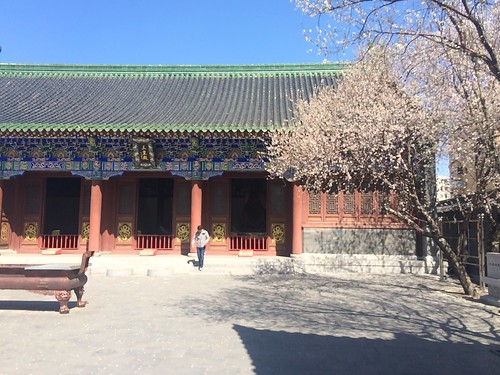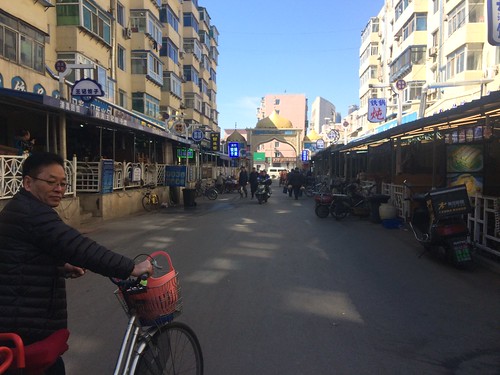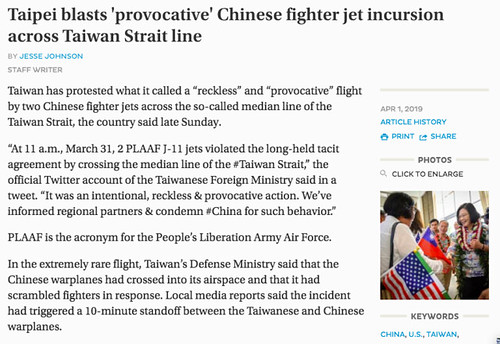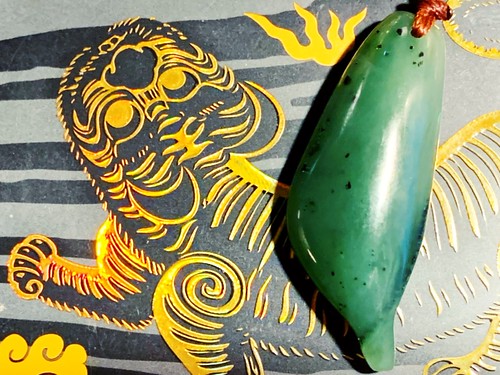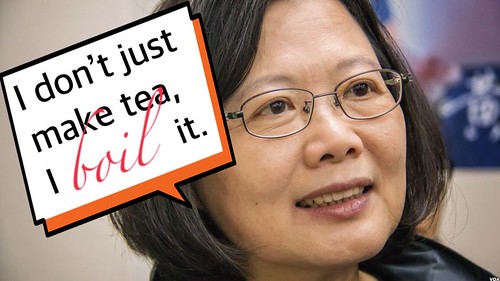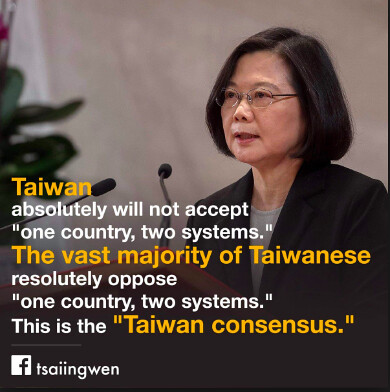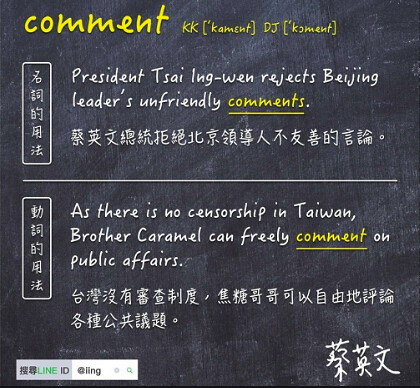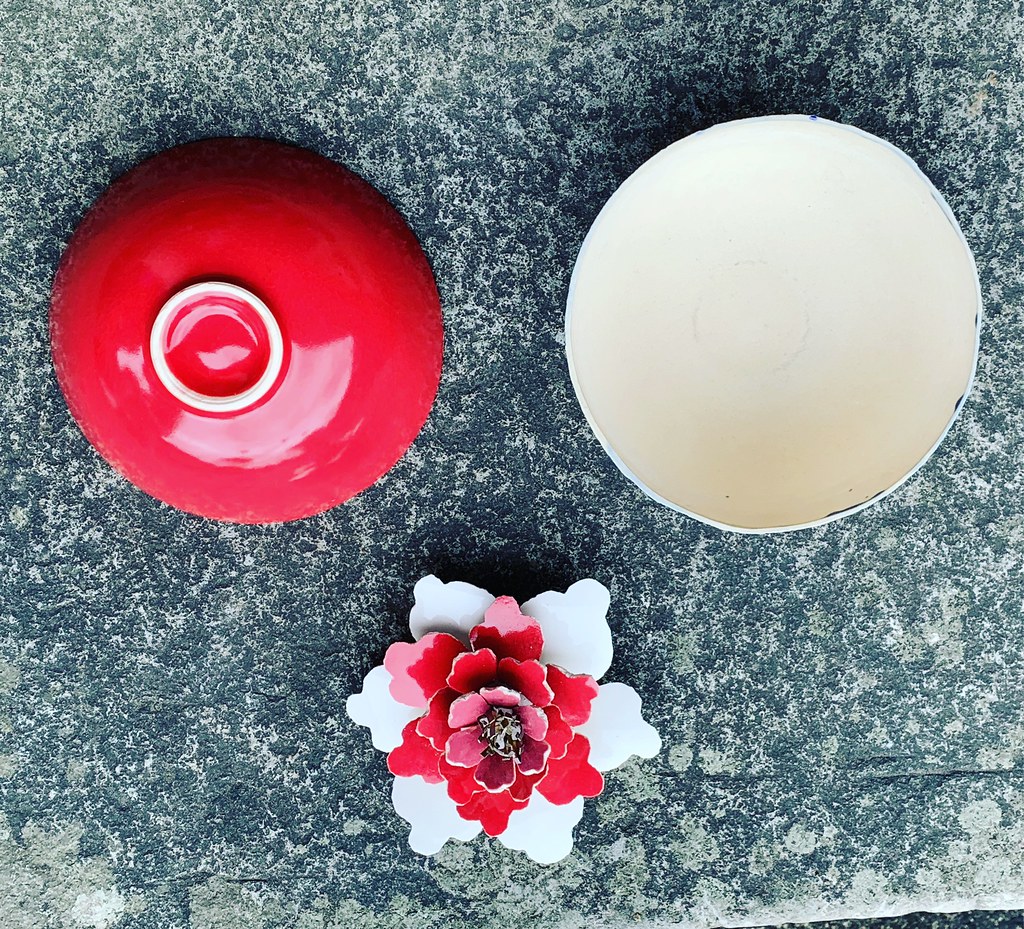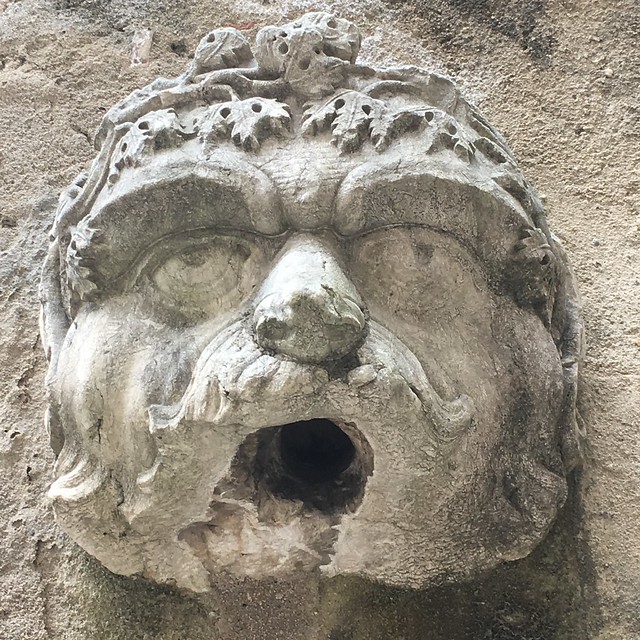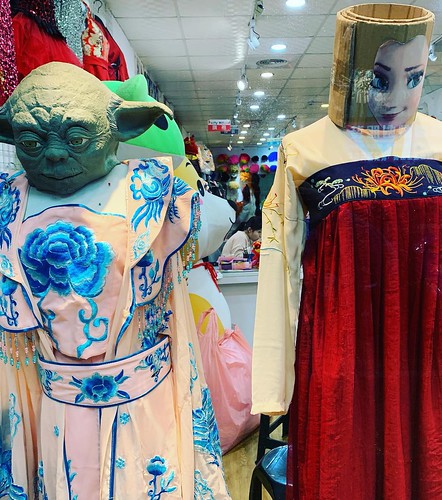 |
Just now, we've learned that leading figures in the Umbrella Movement were found guilty of "public nuisance". This comes after Umbrella Movement leaders were jailed for their role in the protest, which was the largest in Hong Kong's history. (A lot has gone on with that trial including an appeal, but while that appeal set them free, it did not stop the Beijing-endorsed trend toward harsh punishments for civil disobedience.)
Of course, "being found guilty" and "doing something wrong" are not the same thing. In this case, one certainly does not reflect the other.
More than that has been going on in Hong Kong, as well:
To recap: Hong Kong govt has kicked out elected lawmakers it dislikes, banned activists from running for office, prohibited a political party, jailed pro-democracy protesters, expelled a senior foreign journalist and looked the other way when Beijing kidnapped its enemies in HK https://t.co/w76vL8BVHS— Ben Bland (@benjaminbland) April 9, 2019
Compare that to the outcome of the charges brought against the Sunflower leaders in Taiwan, who were found not guilty as their actions were found to constitute legitimate civil disobedience, which was upheld on appeal. Trials against other Sunflower activists did not result in such progressive verdicts, however. That said, it's notable that charges brought against the government have also recently been accorded a re-trial.
What stuck out to me about those Sunflower trials was this:
Taipei District Court Chief Judge Liao Chien-yu (廖建瑜) said the panel of three judges made investigative inquiries, and reviewed theories and practice surrounding the concept of civil disobedience, through literature and research findings on the topic by both Taiwanese and international academics and experts.
The judges studied the concept so that they would be better able to weigh defendants’ and their lawyers’ arguments that their reasons for storming the legislature were legitimate and socially justifiable, because it was an attempt to block the cross-strait service trade agreement, which was being rushed through the legislature by Chinese Nationalist Party (KMT) legislators without consulting the people, Liao told a news conference.
This would never happen in Hong Kong.
As with Hong Kong's turn toward authoritarianism, there are many other examples of Taiwan's turn toward progressive values, though the bending of the arc toward justice is indeed slow.
But I don't need to list them for you. Everything you need to know is right here.
These two trials show without artifice or obfuscation exactly why One Country Two Systems will never work. Taiwan is free; Hong Kong is not. Taiwan (for the most part) set its activists free and made a decision that looked to a liberal future. Taiwan at least took a step (though an imperfect one) towards understanding the role and necessity of civil disobedience in democracy. Hong Kong did not.
Taiwan was able to do this because it is not subordinate to the CCP. Hong Kong took its own path - or rather, was forced down that path - because it is.
A free society can never exist under the same framework as an authoritarian regime, much less be subordinate to it, because being found guilty and doing something wrong are not the same thing. Taiwan is (mostly) able to tell the difference. China - and by extension Hong Kong - clearly is not.
How much clearer do we have to be?

